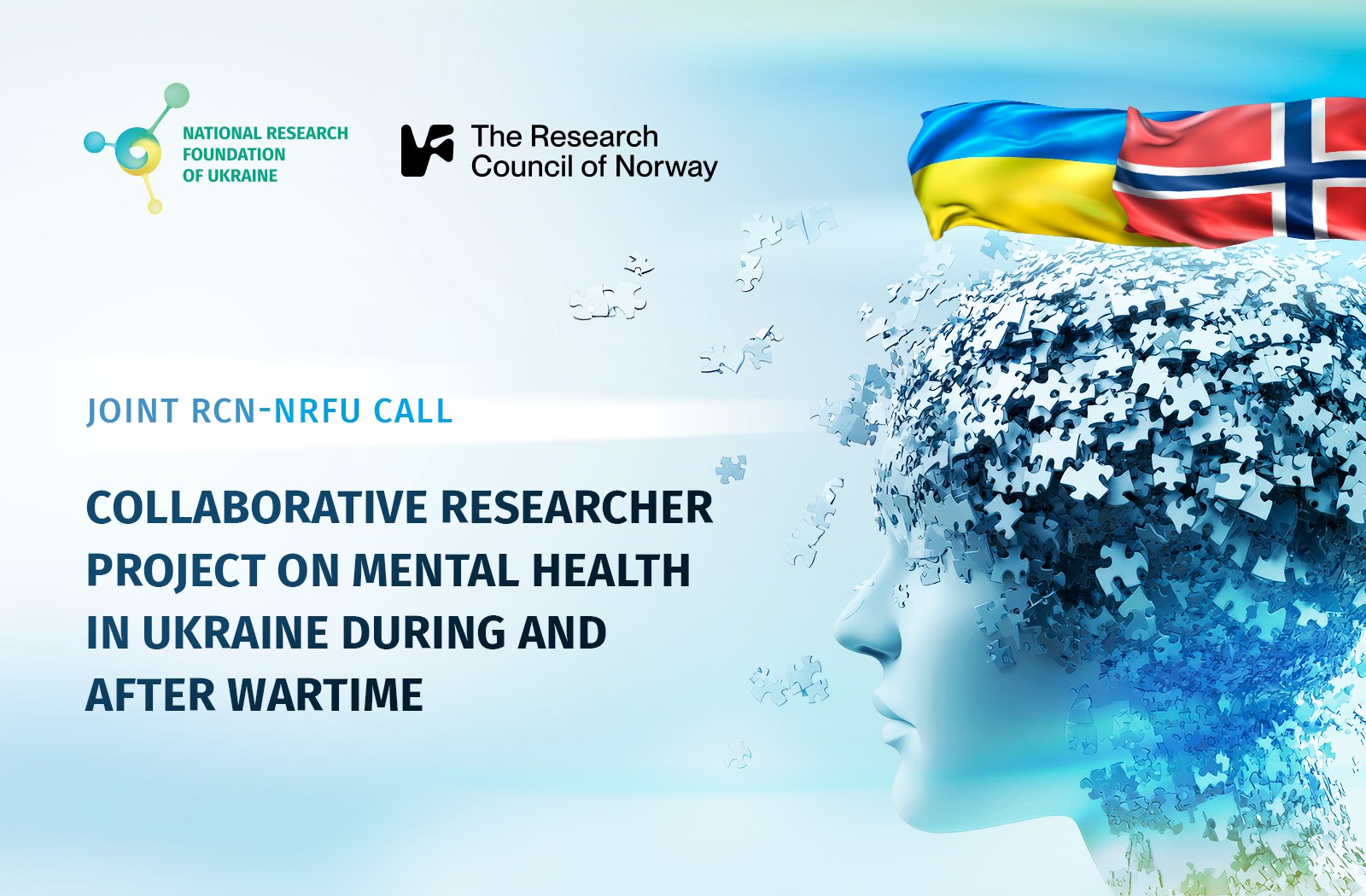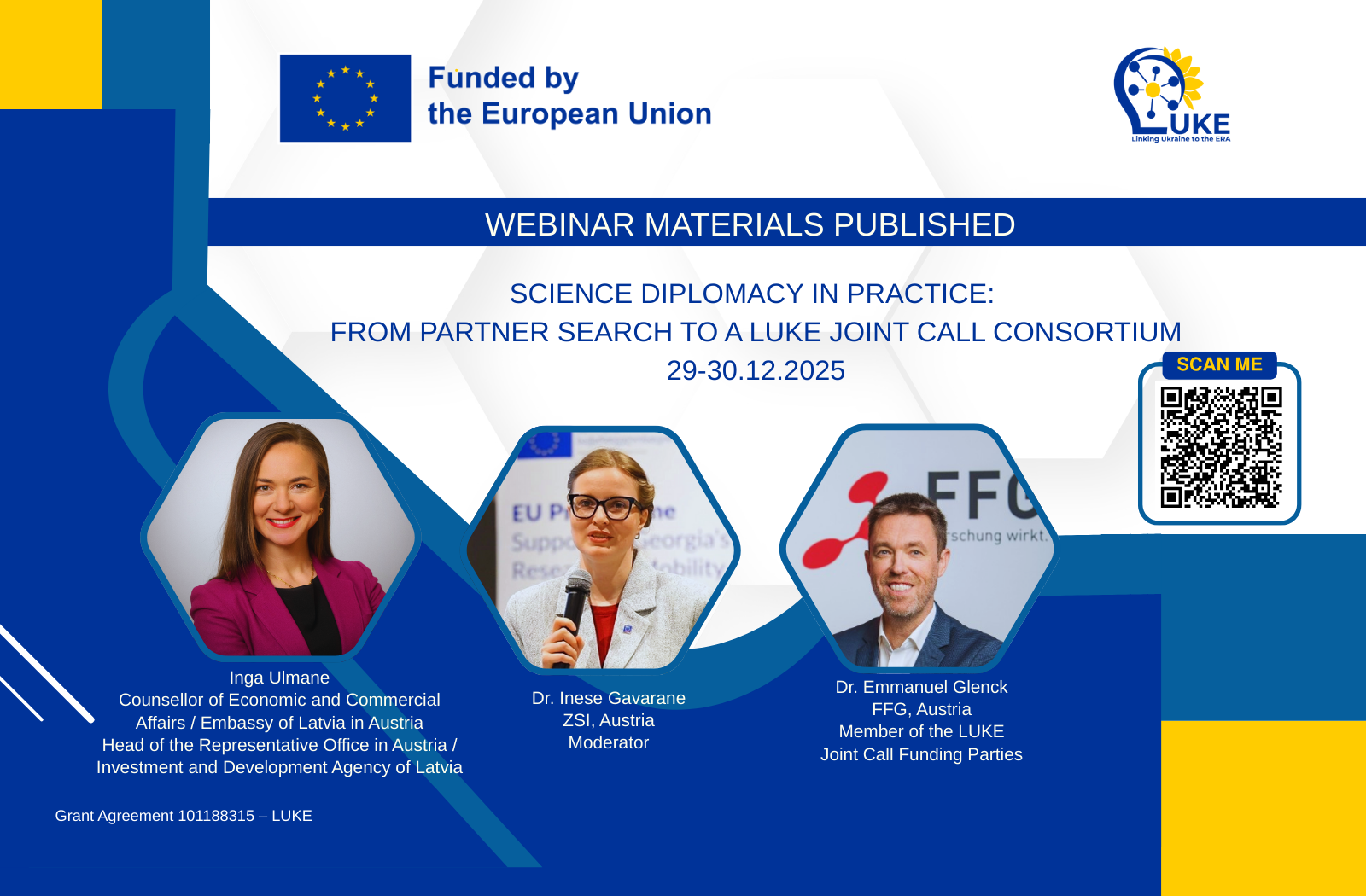In the time since the collapse of the USSR, we have forgotten many things. We have forgotten that a research publication can end in arrest; that we need to look around to make sure no one will report on us, etc. The russian aggression against our country and the policy in the temporary occupied regions have reminded us of the true face of the ‘russian world’. And yet, we need to know and remember more, in particular, in order to resist the temptation to vote for pro-russian forces in the future.
In particular, research helps to recall the attitude of the Soviet authorities toward Ukrainian researchers. Dr. Viacheslav Grekov, a researcher at the National Science Center “Kharkiv Institute of Physics and Technology of the National Academy of Sciences of Ukraine”, is conducting such a study. A year ago, within the framework of a partnership initiative of the NRFU and the NWO, he joined an international group that investigates scholarly virtues and vices in different periods of history over time.
Dr. Grekov is studying the period of the first half of the 20th century, in particular, 1936-1938, when the losses among researchers were the biggest.
We asked the researcher why he chose this topic and what results he got.
“Prior to the project, I was researching how the concept of ‘Rus’ was interpreted in Ukrainian studies of the russian empire in the nineteenth-century. When the opportunity to join one of the Dutch groups arose, I chose a topic that resonated with these studies”, he explained. ‘The study on scholarly virtues and vices showed the ’Procrustean bed’ which researchers, in particular Ukrainian ones, had to work in, and how they were punished for going beyond the framework established by russian policy”.
During the year, the researcher did a huge amount of work – he analyzed more than 500 reviews of articles and books by historians and economists in the journal ‘Marxist Historian’ (for the period from 1926 to 1940). “I chose this journal because it clearly shows Moscow’s attitude toward national outskirts and to how history should be taught and studied”, explained the researcher.
Copies of the journal were found in one of the digitized German archives, not all of them are of good quality, but still, access to the archive is a great success for a research. During the war, it would have been very difficult to find paper copies in the archives in various libraries.
“Sometimes it was physically painful to read these reviews”, Dr. Grekov continues. ‘I saw more than once or twice how the reviewers were very positive about a researcher’s works, and then it was 1936, 1937, or 1938, and a short angry article about an enemy of the people and a ’fair sentence’.
None of the researchers was immune from arrest. According to Dr. Viacheslav Grekov, he has repeatedly found stories when a person sincerely fought for the establishment of the Soviet government, shared its values, and then disappeared from journal pages and reviewers wrote about his/her political mistakes. A few years later, one could find information about the execution (by shooting) of reviewers as well.
What was considered scholarly virtues and vices during this period?
Dr. Grekov mentioned: “From the point of view of a modern researcher, scholarly vices are dogmatism and bias, and virtues are objectivity, impartiality, and thoroughness. But the reviews clearly show that when an article or a book criticizes the All-Union Communist Party at least minimally, it is immediately defined as a vice of the book, a gross political mistake, and the author’s shortsightedness”.
The concept of ‘objectivity’ was understood by official historical research in the 20s and 30s in a very peculiar way. Reviews of the Central Rada (Council) emphasized that when studying the Rada’s policy, one cannot be objective, cannot rely on declarative goals, but shall look at the class essence of the issue and analyze it from an ideologically correct point of view. That is, objectivity was out of the question.
The reviewers also considered conscientiousness and thoroughness to be the virtues of a researcher. But this meant that the researcher had to pay attention to the ‘party line’ in good faith and carefully study the legacy of the founders of Marxism-Leninism.
Moreover, a historian had to adhere to the party leader’s point of view on a particular event. If ‘Comrade Stalin’ said something about the revolution in Hungary in 1848-1849, it was considered to be the only truth.
“This study shows that Ukrainian history in the USSR, and before that in the russian empire, was written from the center”, emphasized Dr. Viacheslav Grekov.
Undoubtedly, there were some scholars who dared to express their own vision, such as Mykola Kostomarov, Mykhailo Hrushevsky, and others. But the voices of these scholars were quickly silenced.
Some reviews look caricatured from the point of view of a modern person. “For example, some reviews emphasize that “although the author quotes Marx, Engels, and Lenin, he does so formally”, says the researcher. “One could laugh at such wording if we did not know what threatened the author for improperly quoting the classics of Marxism-Leninism”.
However, there were also stories when the system failed and devastating reviews did not become a ticket to prison. “One of the reviews contained a huge list of vices of the book, emphasizing that the work was not Marxist, it misrepresented the role of the Bolshevik Party”, added Dr. Grekov. ”But despite this, the authors of the book lived until the 80s of the 20th century. It looks like a miracle”.
“The number of people who fell into the millstones of the system is enormous. Historians, sociologists, artists, politicians were repressed and shot”, the researcher continues. ”This project allows us to draw parallels with modern totalitarian russia. If we were a part of the russian federation today, we would have the new thirties, repression, and mass executions”.
We asked the researcher how he managed to carry out such a large-scale study during the war, in a city that is shelled by the enemy every single day.
He answered that it is not easy to work. Like all Kharkiv residents, he is constantly expecting shelling, every loud sound causes anxiety. Enemy drones and missiles often fly nearby, and there have been more than seventy hits on the territory of Kharkiv Institute of Physics and Technology. “Recently, a guided aerial bomb hit the campus in Piatykhatky, damaging buildings, windows, and equipment. The losses are measured in millions of euros”, the researcher told.
However, the circumstances in which he works add to his motivation. The researcher wants the world to know as much as possible about the crimes of the russian authorities against Ukrainian science.
The project, funded by the NWO, involves researchers from many countries and is led by Dr. Herman Paul from Leiden University. “I am impressed by the friendliness, democracy, and team spirit of this community. Everyone communicates on an equal footing. Everyone can express their opinion, it will be listened to and taken into account”, Dr. Grekov added. ”I am grateful to the NRFU and the NWO for the opportunity to work in this team. The project gave me the opportunity to collaborate with the best researchers in Europe, to get acquainted with new methods, and to acquire new skills. I hope to continue researching this topic after the project is over”.
Interviewed by Svitlana GALATA






